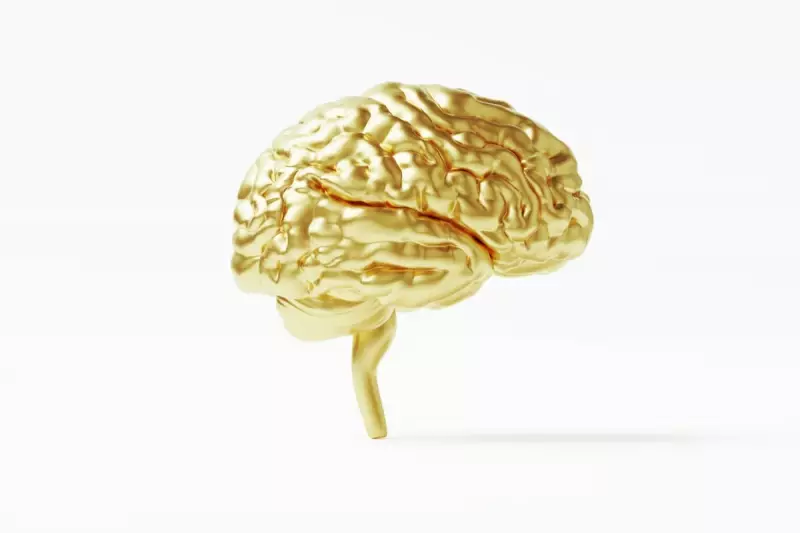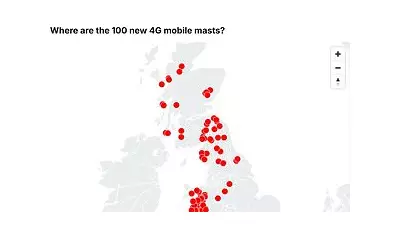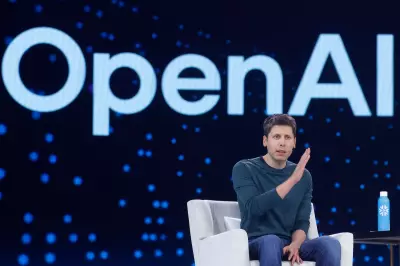
Elon Musk’s Neuralink and OpenAI, two of the most ambitious players in artificial intelligence, are now locked in a high-stakes race to merge human cognition with advanced AI. The competition highlights the rapid advancements—and ethical dilemmas—of brain-computer interface (BCI) technology.
The Neuralink Vision
Neuralink, Musk’s neurotechnology venture, aims to implant ultra-thin electrodes into the human brain, enabling direct communication between neurons and computers. The company has already conducted trials on primates and received FDA approval for human testing. Musk envisions a future where BCIs could treat neurological disorders, enhance memory, and even allow telepathic communication.
OpenAI’s Alternative Approach
Meanwhile, OpenAI, the AI research lab co-founded by Musk, is exploring non-invasive methods to integrate AI with human cognition. Rather than surgical implants, OpenAI focuses on advanced neural interfaces that could interpret brain signals externally. This approach could democratise access to brain-AI integration, avoiding the risks of invasive surgery.
Ethical and Safety Concerns
Both projects face scrutiny over privacy, security, and long-term effects. Critics warn of potential misuse, such as unauthorised data extraction or cognitive manipulation. Regulatory bodies are scrambling to establish guidelines as the technology outpaces legislation.
The Future of Human-AI Symbiosis
As Neuralink and OpenAI push boundaries, the debate intensifies: should we merge with machines, or keep AI at arm’s length? The answer may redefine what it means to be human.





